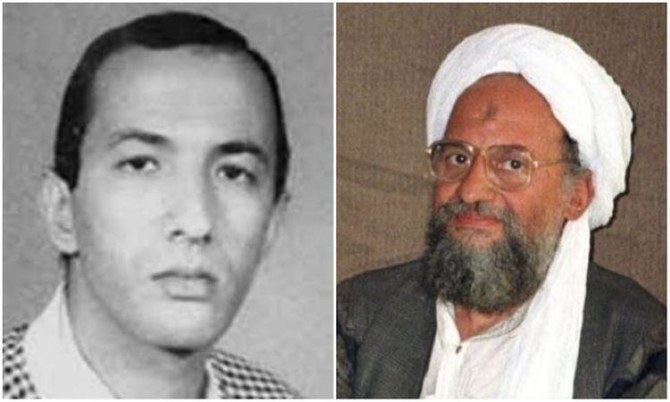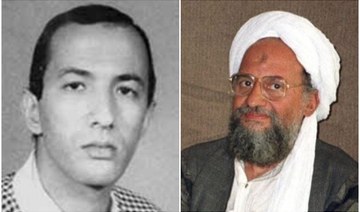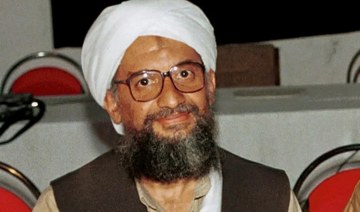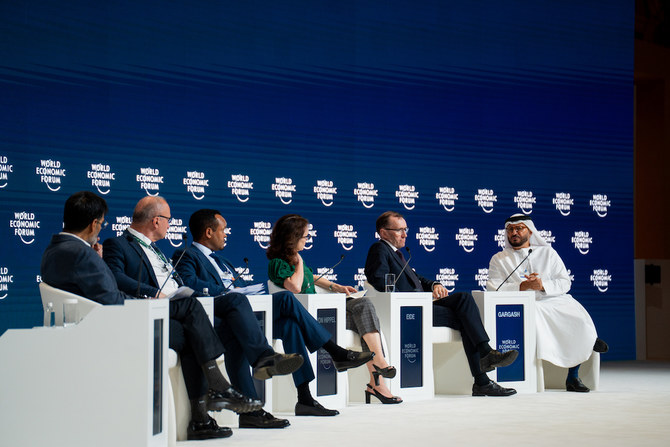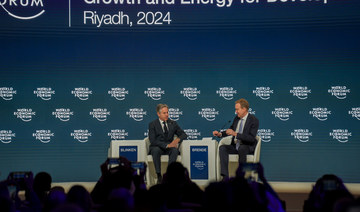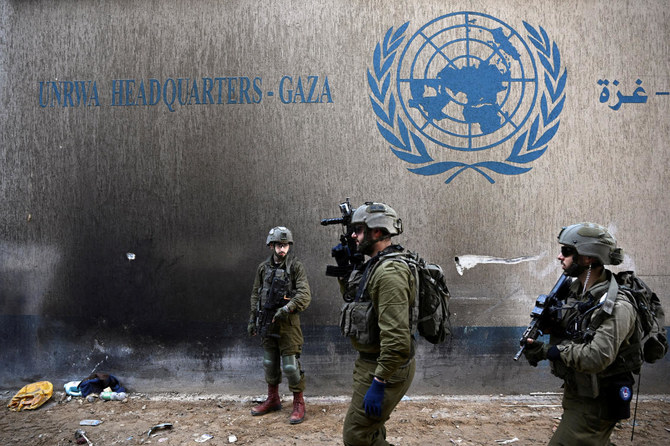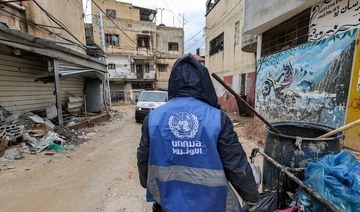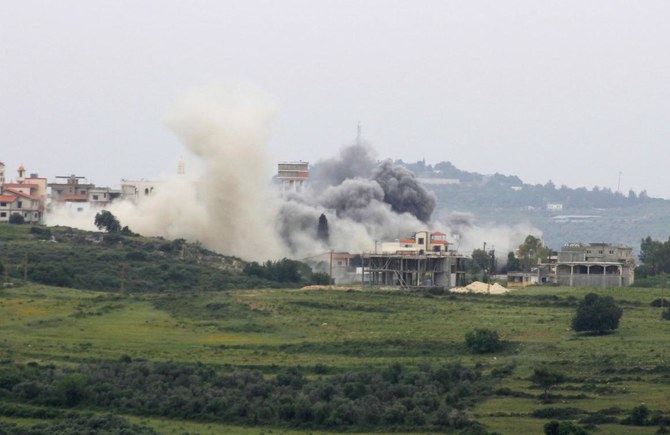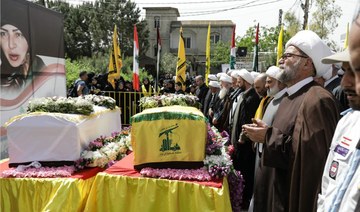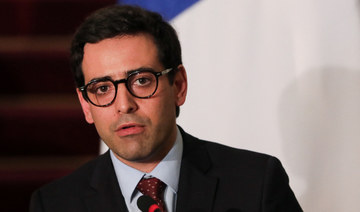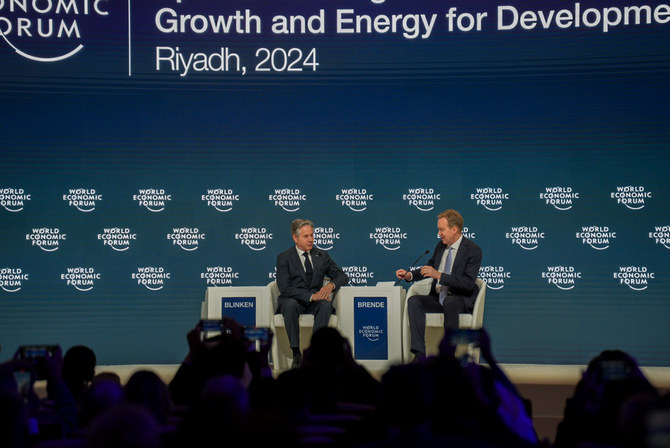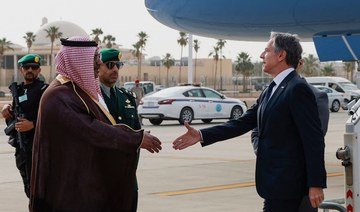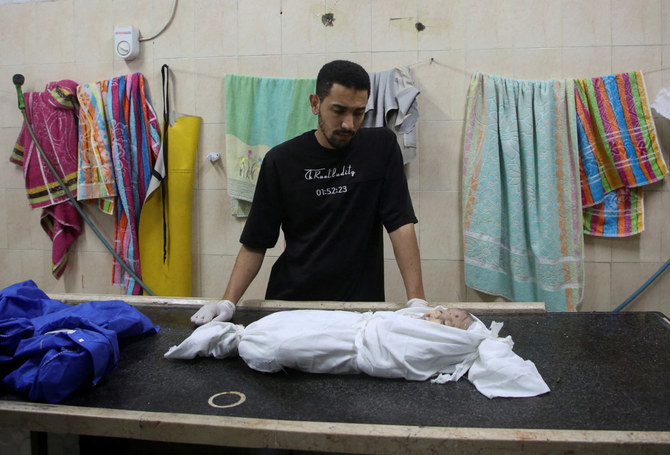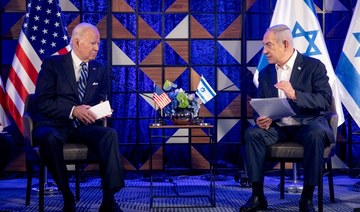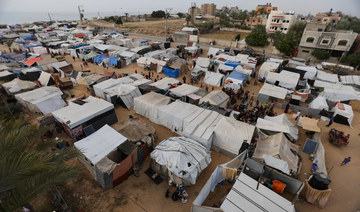DUBAI: Seif Al-Adel, a former Egyptian special forces officer and a high-ranking member of Al-Qaeda with a $10 million US bounty on his head, is now the “uncontested” leader of the militant group, according to a new UN report on the organization.
Al-Qaeda has not formally named a successor for Ayman Al-Zawahiri, who was believed to have been killed in a US missile strike in Kabul last year, dealing a blow to the organization since its founder Osama bin Laden was killed in 2011.
Although a US intelligence official said in January that Zawahiri’s succession remained unclear, the United Nations report assessing risks from the group said: “In discussions in November and December, many Member States took the view that Seif Al-Adel is already operating as the de facto and uncontested leader of the group.”
Zawahiri’s death piled pressure on the group to choose a strategic leader who can carefully plan deadly operations and run an extremist network, experts on Al-Qaeda say.
Unlike his slain predecessors who maintained a high profile with fiery videos broadcast around the globe threatening the United States, the experts say Adel planned attacks from the shadows as he helped turn Al-Qaeda into the world’s deadliest militant group.
Adel was indicted and charged in November 1998 by a US federal grand jury for his role in the bomb attacks on the US embassies in Tanzania and Kenya that killed 224 civilians and wounded more than 5,000.
There are few photos of him, aside from three pictures — including a very serious black and white image of him on the FBI most wanted list.
Beyond the operations in Africa, his training camps and link to the killing of US journalist Daniel Pearl in Pakistan in 2002, according to US investigators, little else is known about Adel.
The US State Department says Adel is based in Iran. The department’s Rewards for Justice program is offering up to $10 million for information on Adel, whom it says is a member of “Al-Qaeda’s leadership council” and heads the organization’s military committee.
The program’s website says that after the Africa bombings, the former Egyptian army lieutenant colonel moved to southeastern Iran, where he lived under the protection of the country’s Islamic Revolutionary Guard Corps.
He and other Al-Qaeda leaders were placed under house arrest in April 2003 by Iran, which released him and four others in exchange for an Iranian diplomat who was kidnapped in Yemen.
In a message posted on Twitter on Wednesday, the Iranian mission to the United Nations denied Adel was in Iran.
“It is worth noting that the address for the so-called newly appointed Al-Qaeda leader is incorrect. This misinformation could potentially hinder efforts to combat terrorism,” it said.
Ali Soufan, a former FBI special agent who tracked Al-Qaeda operatives, wrote in a profile carried by the Combating Terrorism Center that the militant whose nom de guerre means “sword of justice” has been described as a shrewd figure with a poker face. His real name is Mohammed Salahuddin Zeidan.
“Yet his temper, too, has become notorious. Possessed of a ‘caustic tongue’, he is apt to threaten violence against anyone who displeases him, and is known to meet disloyalty with swift and ruthless force,” wrote Soufan.
“Toward underlings he can be contemptuous, even brutal, in the heat of the moment. But he has also been known as a font of avuncular advice. In happier times, he showed a talent for soccer and a penchant for practical jokes.”
Once Osama bin Laden’s chief bodyguard and a senior trainer of militants, experts on the extremist movement say Adel began his long bloody career in 1981, when he was suspected of involvement in the assassination of Egyptian President Anwar Al-Sadat during a military parade in Cairo that was broadcast on television.
“Seif Al-Adel’s professional military background and valuable experience as the head of Al-Qaeda’s military committee prior to 9/11 mean he has strong credentials to assume the overall leadership of Al-Qaeda,” said Elisabeth Kendall, an extremist expert at Oxford University.
He takes over an Al-Qaeda that has become highly decentralized since the group carried out its most spectacular operation, the Sept. 11, 2001, airplane attacks against the United States which killed nearly 3,000 people.
Adel, one of the few remaining Al-Qaeda old guard, has been close to the central command for decades, experts say. He would be tasked with providing strategic guidance to far-flung franchises in the Middle East, Africa and Asia that run their own day-to-day affairs, they added.
Some question though whether Adel can become an effective manager of the organization after spending most of his career as an operative and trainer in militant camps.
“Many insiders argue that he had an important operational role in the past, but that he is not equipped for leadership,” said Jerome Drevon, senior analyst at the International Crisis Group.
“His skills are more suitable for the organization of armed operations than the administration of a wide network of affiliates.”
One of Al-Qaeda’s leading military chiefs and often called by experts its third-ranking official, Adel set up training camps for the organization in Sudan, Pakistan and Afghanistan in the 1990s.
He also played a role in the ambush of US helicopters in Mogadishu, known as the “Black Hawk Down” incident in 1993 which killed 18 US servicemen, security experts say. That marked the beginning of the eventual withdrawal of a US-UN peacekeeping force from Somalia.
The FBI identifies Adel as one of its most wanted terrorists and accuses him of conspiring to kill US nationals, to murder and to destroy buildings.
Adel gained more extremist credentials after he joined other Arab militants fighting Soviet occupation troops in Afghanistan, where he eventually headed a training camp before becoming a senior figure in Al-Qaeda.
“He (Adel) is a very bold, professional, cold-blooded figure,” said Yoram Schweitzer, head of the Programme on Terrorism and Low-Intensity Conflict at Tel Aviv University’s Institute for National Security Studies.



